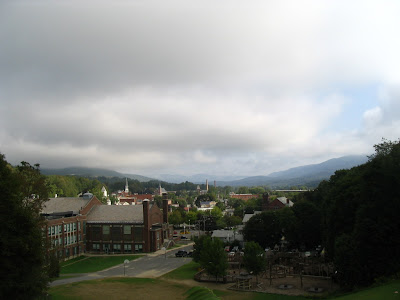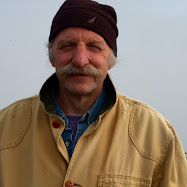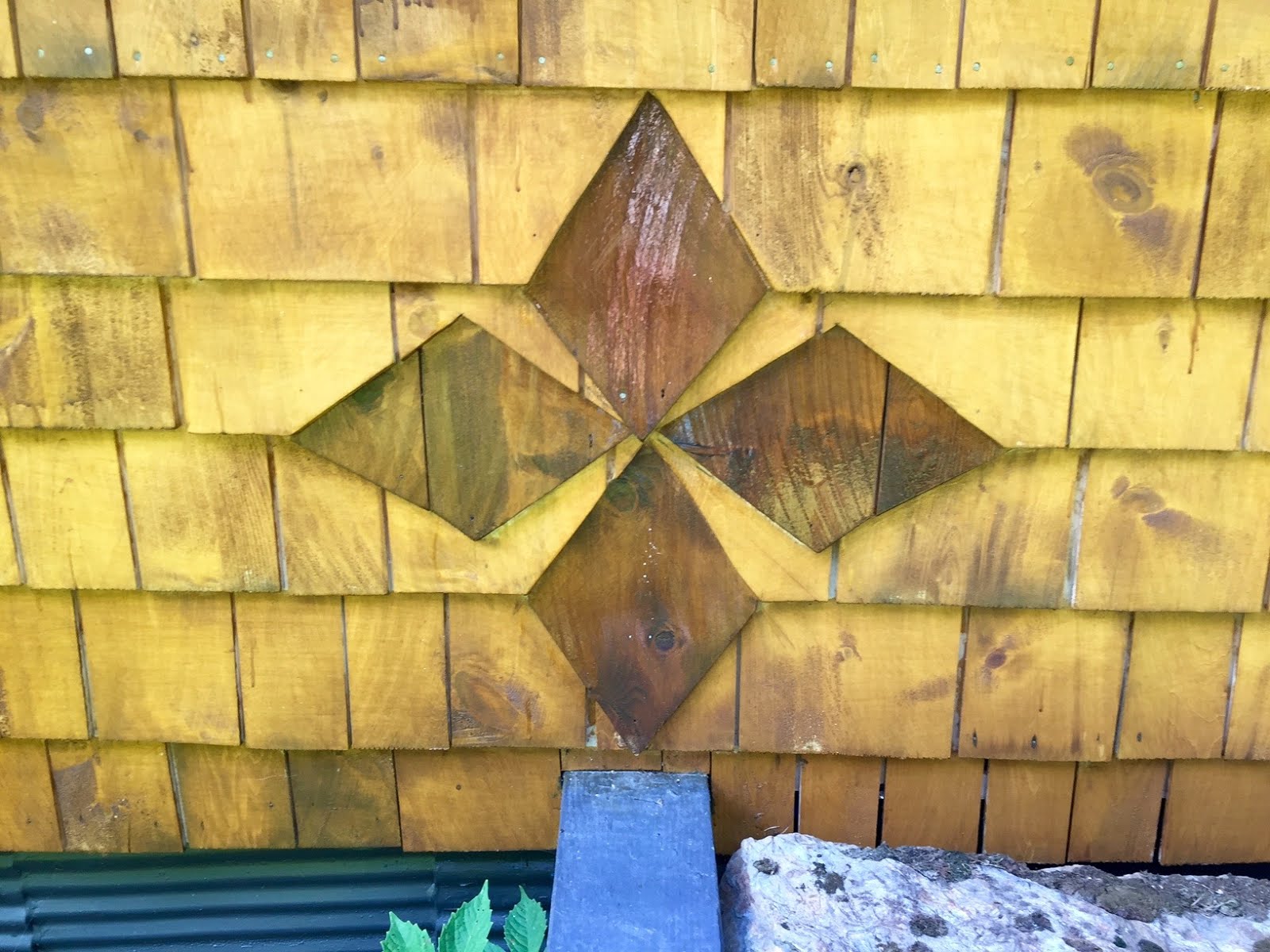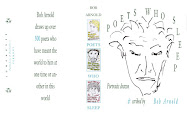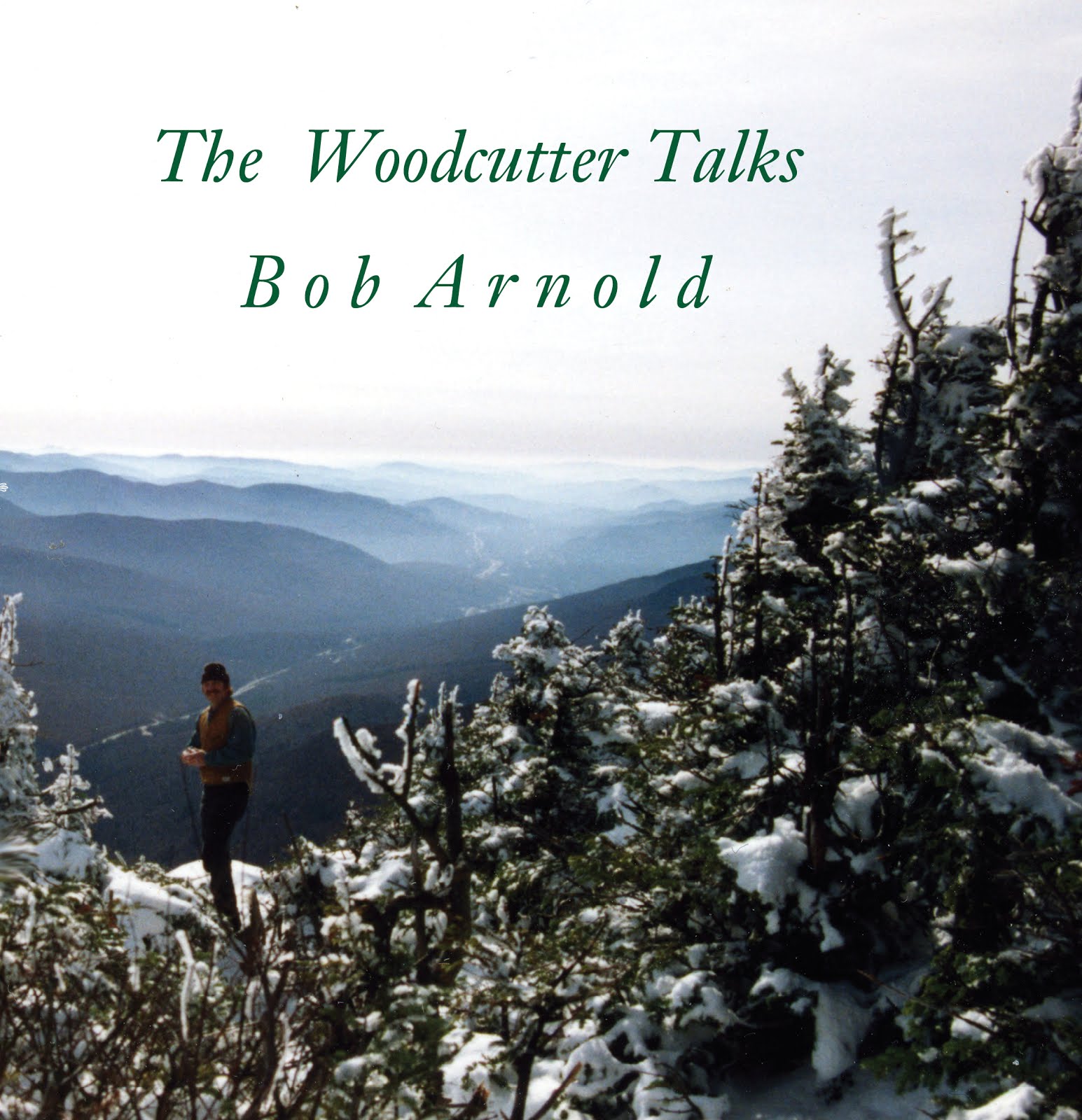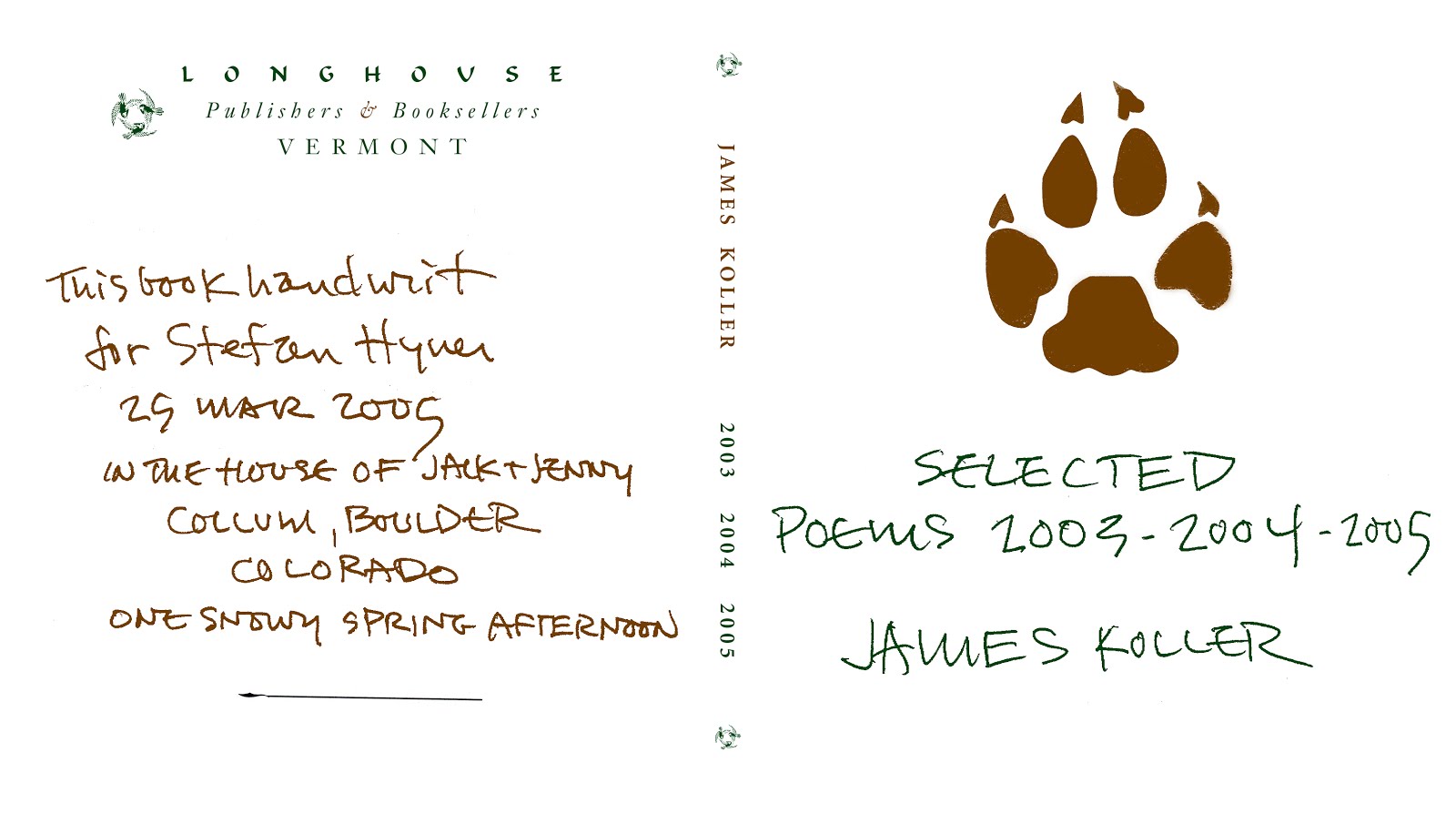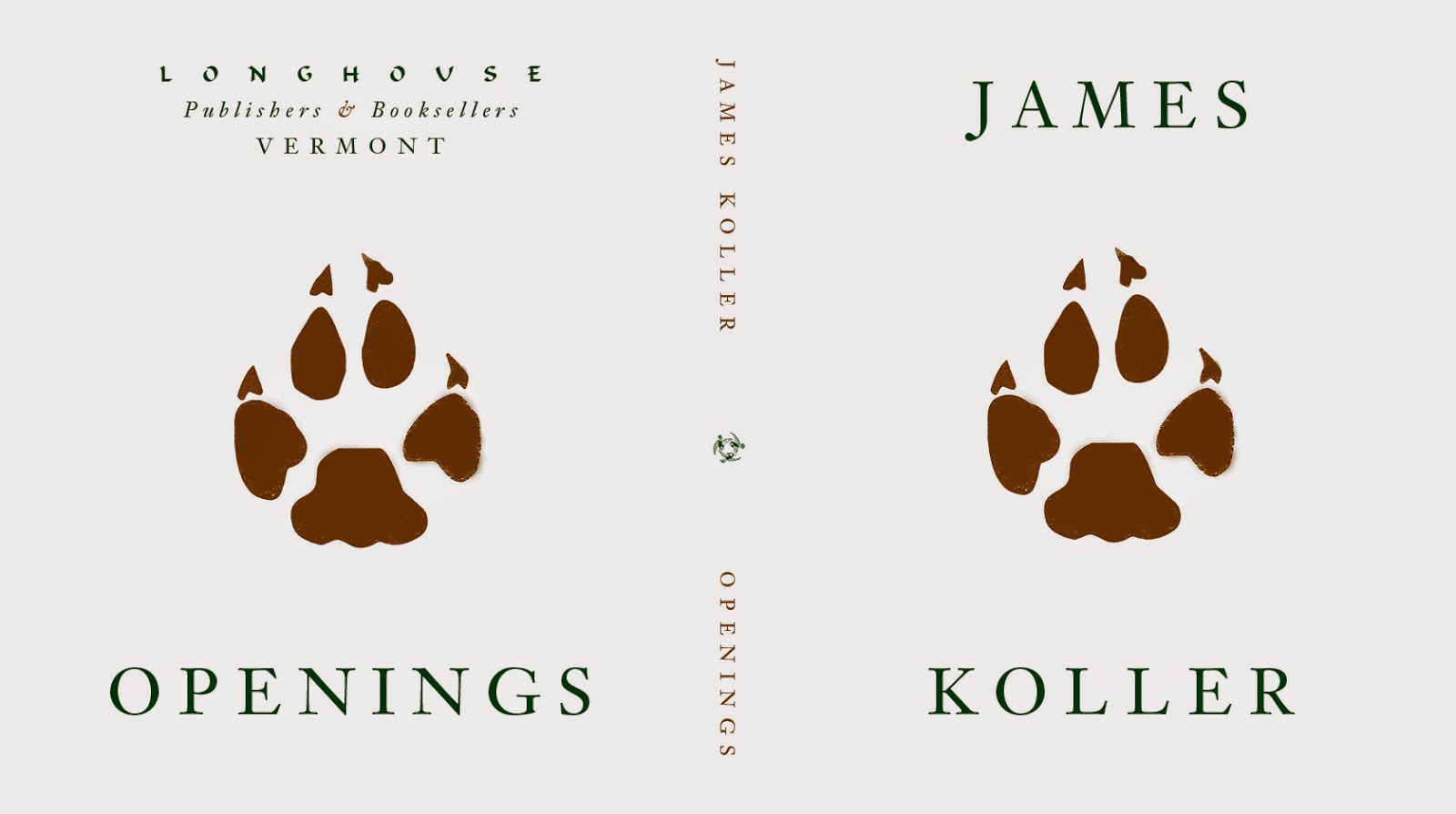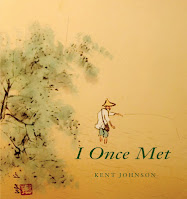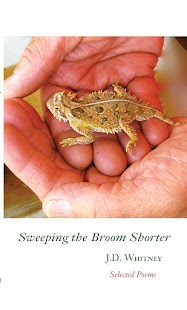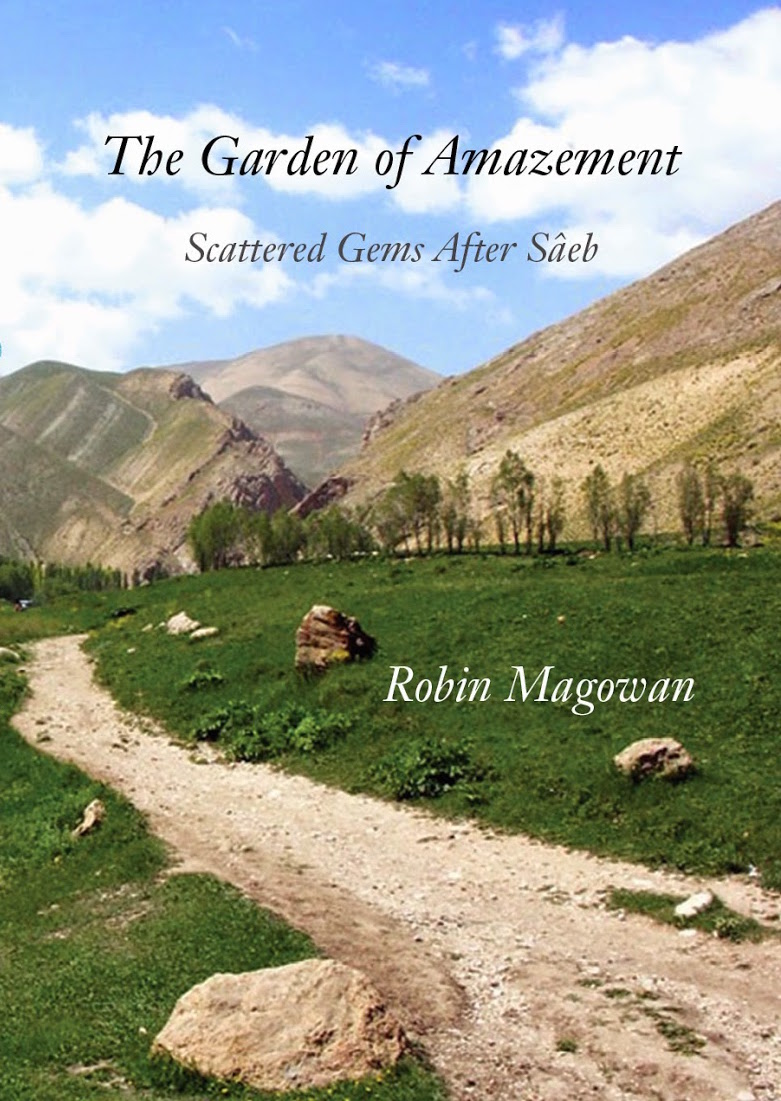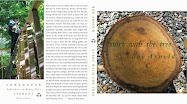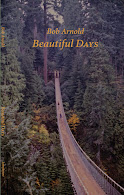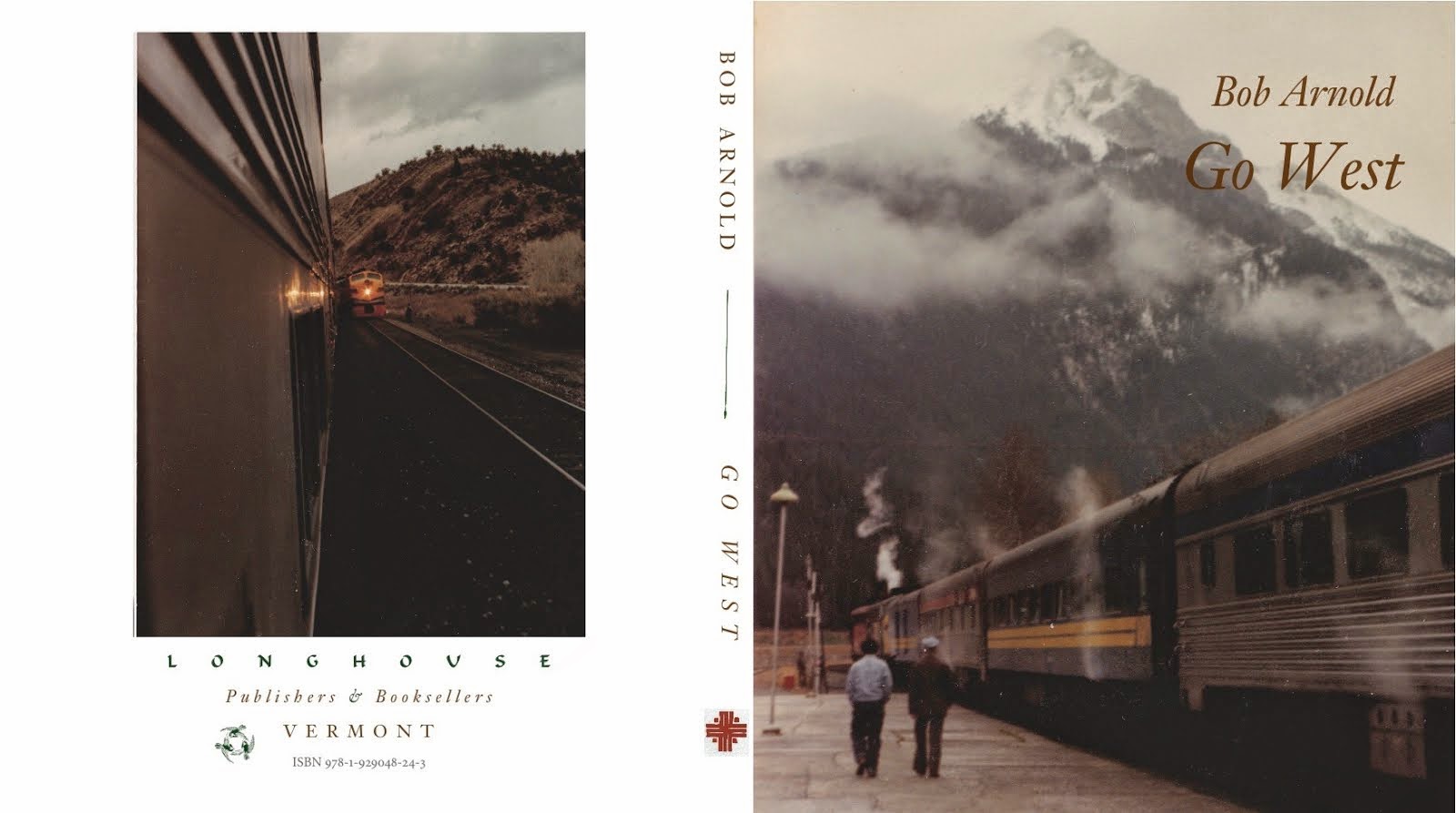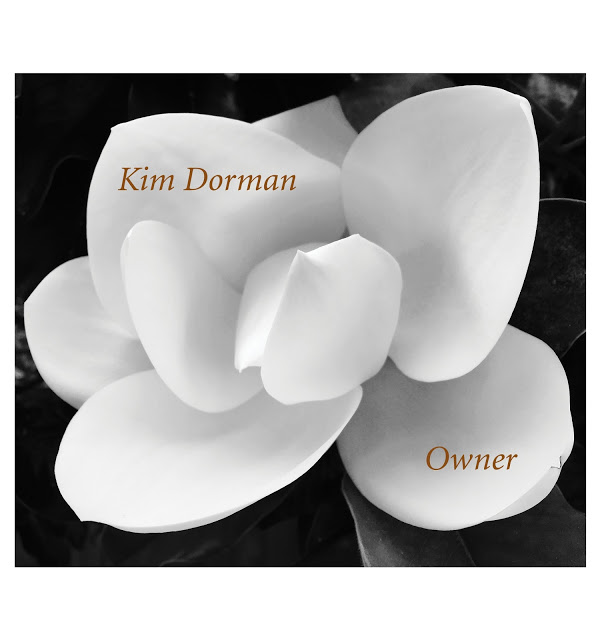AMERICAN TRAIN LETTERS ~
Farmland is nothing
tractor-trailer or
highway and all the
slowpokes on it
— here's the train!
Chapter 4
So what is the first memory of the railroad? Tracks that bump the car with baby in mother's lap, railroad crossing gate slowly lowered down as bright important lights red wigwag-signal flashing midtown kids on bicycles waiting all morning or knowing when to show as the local freight train rolls through; always the friendly striped bib-overall worker on the tail end of the barn red caboose teaching us how to wave, how to look, how to look forward. It happened everyday, that train whistle call, like the noon whistle from the fire station, and even in school we would be jogged out over high windows third storey schoolroom, walls painted like the pale milky green laxative tablet seen in the top drawer of the teachers desk mixed with unsharpened pencils and how the mint-flavor scent over our schoolwork when she big breasted old leaned over our desks. Wasn't that the train whistle? — hey pay attention, but I am already gone...gone into the lumberyard family business find Slim the yard-boss who will show me a rake and where to go at the backlot of the stockyard planks from the west piled up in the neatest stacks I will ever see again in any lumberyard. The boss wanted to walk out and run his palm over the butt ends of the boards and feel nothing out of place, not one board into the dirt, stick them if need be to separate the widths under a vast shed, two stories high with a ramp to walk along in the upper tier this walking on planks to get to planks. A boy with a rake spends all morning here clearing up steel bands busted off lumber deliveries, just ten years old and maybe a stray cat to talk to, pigeons flying in short bursts out of the coal business tower next door beyond the chain link fence, over ramshackle landscape, nothing but the boy and lumber and the rest of the business so far away but many clever short-cuts to get back into, and absolutely unfindable hiding places — smooth cheek resting a moment on a full twelve inches of pine board — and upstairs a little more special cedar and redwood oh so long. How'd the cedar and redwood get here? — why, the railroad! Tracks spurred off from the main rail where the freight trains could be seen all summer working here watch them pass, sharp blue engine lines, heavy guttural getting the job done railway. Now and then down our own special track that drove into the lumberyard and ended in the lumberyard did we receive boxcars fresh oven hot lumber, planks stashed in there having to be unloaded by a boy like me with another boy, sticky resin hot can't breath when we are in there, give us a moment to gulp fresh air and watch our filthy t-shirts don't touch the blazing iron roof. We have three days of work to empty the car, fool around all you want but it better be ready; the boss has a slip on his desk that charges extra each day we hold a car. Unload the boards out of the boxcar and of course stack every stick neat for the boss's hand. On the third day, if we are ready, and the dream the first day is we will be sitting in the open boxcar door on that third day swinging our legs, lumber happy, as the railroad crew is seen hiking up the tracks from beyond the fence, two or three men in overalls and caps, roomy work gloves that look gallant because the men aren't wearing shirts, and like them we have done our work as we watch them approach, walking like bears sweeping the gate apart and ring-ding, ring-ding the backward descent of the mighty locomotive nearing to round up one or two fledgling boxcars back into the flock. We thought the lumberyard was big; the boxcar is something special, as on the second day of work in it and goofy at lunch we would climb the tall rusted ladders bolted to the sides and play like squirrels on the catwalk top, and of course thinking: if the boxcar was moving, we could still do this. We stand back from the dominant locomotive, dark visitor, and watch the bears coupling the two train parts together as it slowly eases out, and we are left to run down and close the gate lifting over the rails and stumbling boots in gravel ballast while wrapping thick chain and padlock around the posts still hearing, feeling this side of the whole town move this always present memory.
Thursday, January 5, 2012
Subscribe to:
Posts (Atom)
